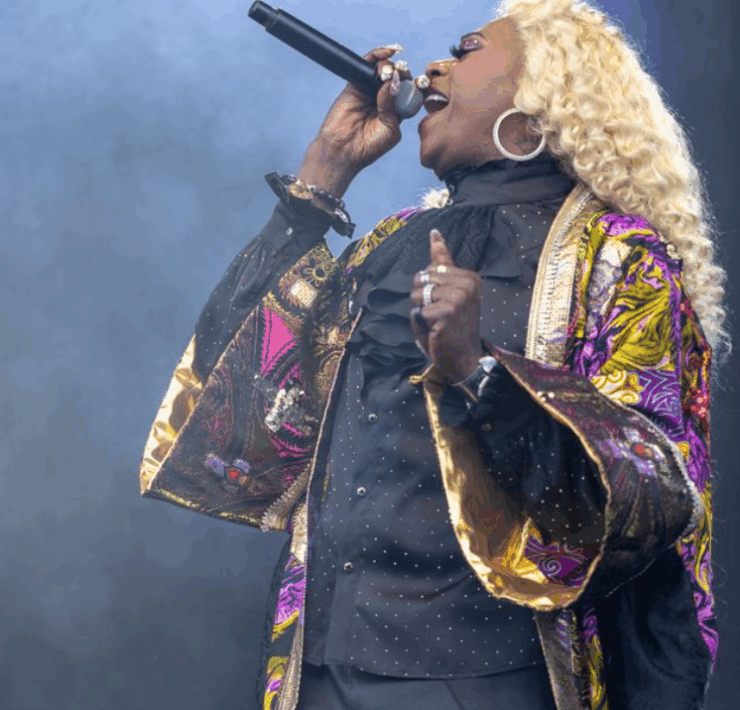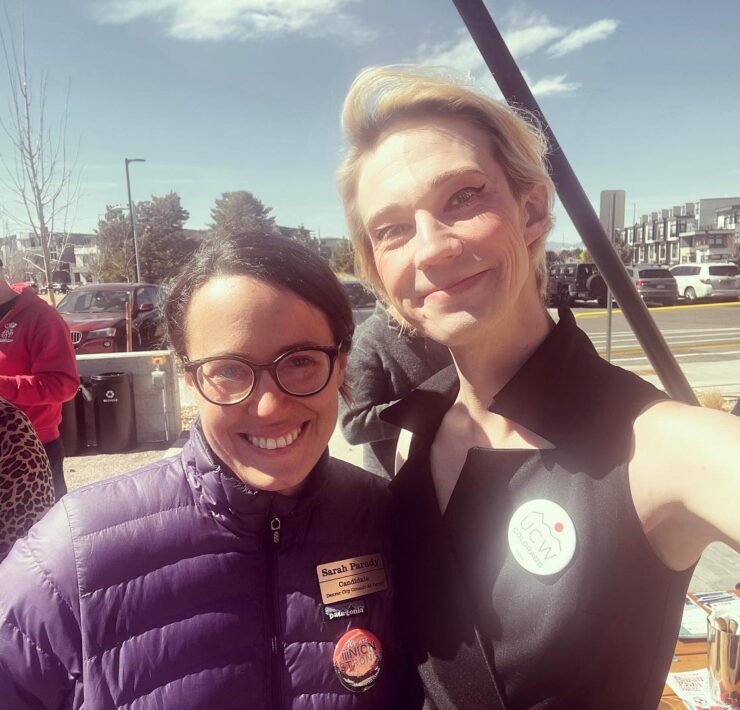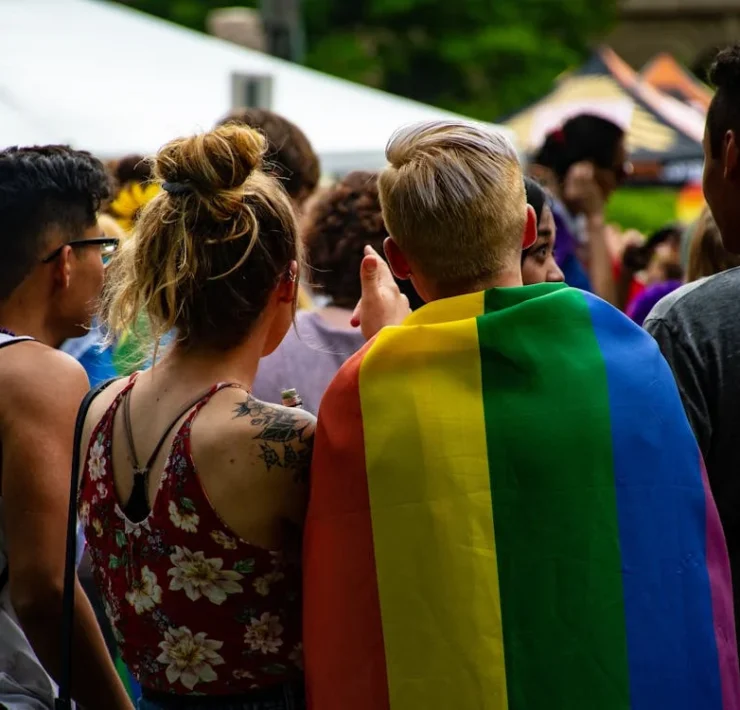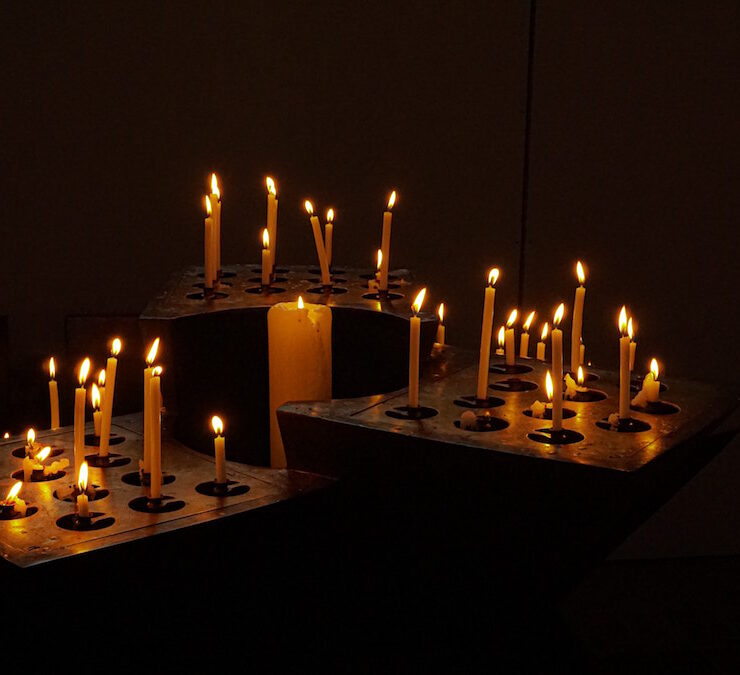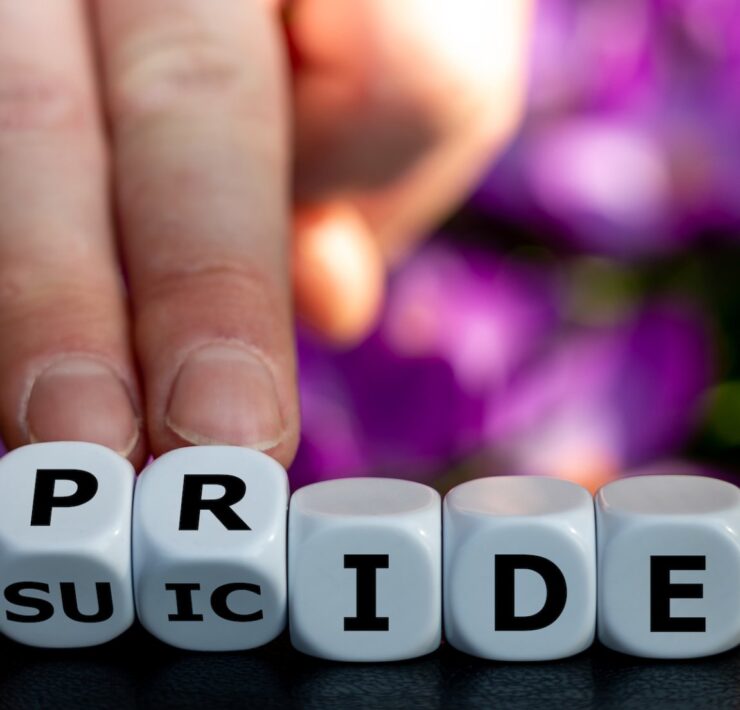Creating Change Conference Highlights Diverse Leadership
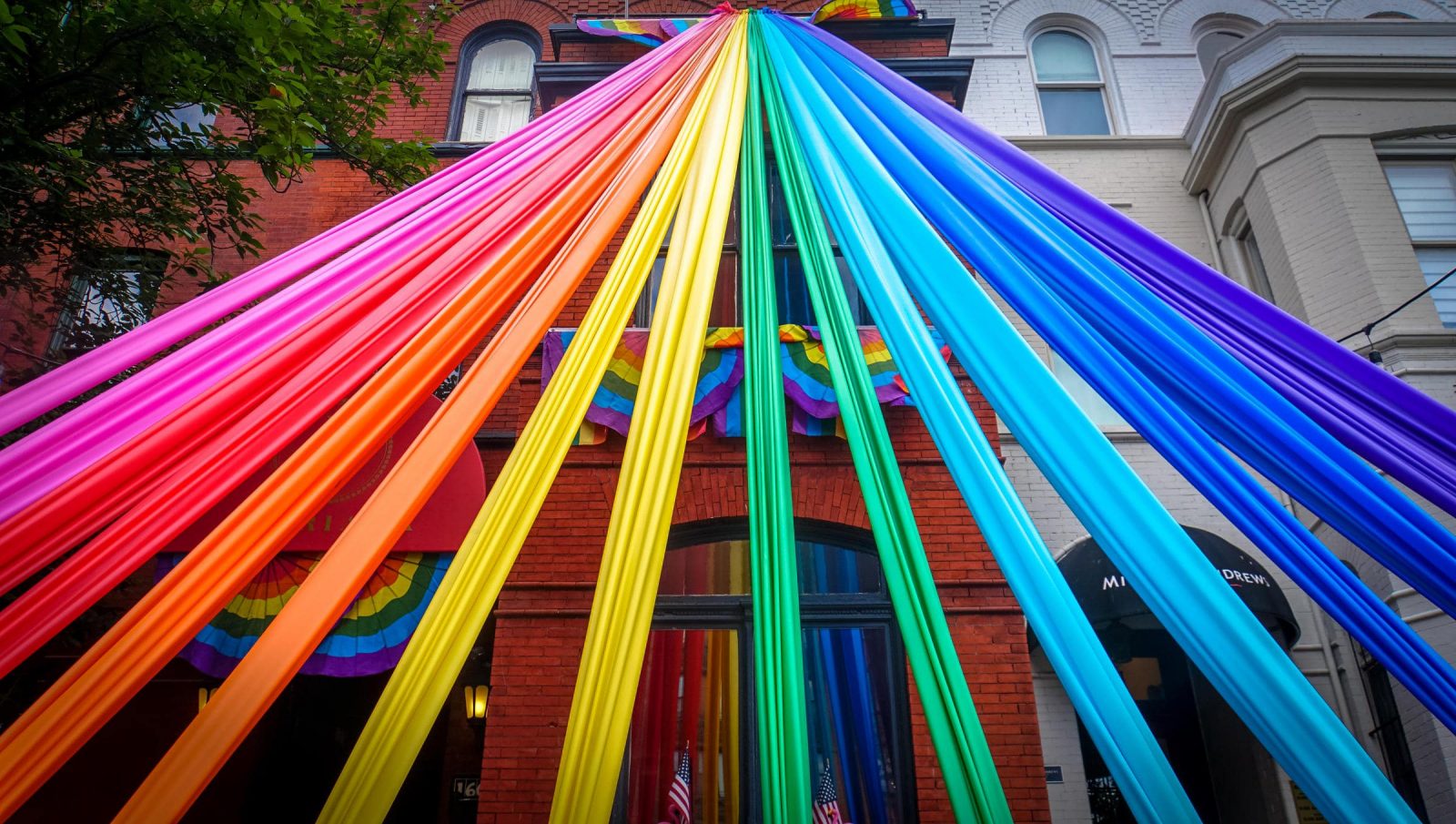
This past weekend, the National LGTBQ Task Force virtually held the 33rd Annual Creating Change Conference. The event took place Jan. 28 through Jan. 31 and brought together distinguished queer activists and artists. The conference focused on trans rights, the intersection between immigration and the LGBTQ community, and the changing demographics of leadership for LGBTQ advocacy groups. The conference included panels, seminars, and workshops, where attendants were able to ask questions and discuss issues with one another.
This year’s event was themed “New Ideas in a New Era of Opportunity,” which reflected on the recent win of Joe Biden in the presidential election and how to capitalize on creating change with a more progressive administration.
“The past election has shown us that when we stand together as a force, we will win,” National LGBTQ Task Force Executive Director Kierra Johnson said at the conference. “But you can’t just show up for an election and then sit back.”
The conference was the last under Executive Director Rea Carey, who had held the position for the last 12 years. Taking her place is Keirra Johnson, a bisexual, Black woman who previously served as the deputy executive director for the task force. This change reflects a larger trend in LGTBQ advocacy, where in the recent years there has been more visible leadership from Black and minority groups.
For the first time, three legacy LGBTQ organizations have Black leaders. This includes Keirra Johnson of the task force, Alphonso David, president of the Human Rights Campaign, and Imani Rupert-Gordon, executive director of the National Center for Lesbian Rights.
All three of these leaders appeared on an opening panel, moderated by David J. Johns, the executive director of the National Black Justice Coalition, and discussed the experience of people of color in the LGBTQ community.
“We have to remember that we’ve never been here before, and as Black leaders, we’re creating solutions we haven’t seen before,” Rupert-Gordon said. “In order to support Black leaders, people need to remember that we are ‘firsts,’ and that it’s harder to run an organization as a Black person, when that hasn’t happened before.”
Addressing the lack of Black leadership present in the LGBTQ community, David talked about the bias people of color face even in progressive and sympathetic circles.
“In our community, we are harboring bias. I have been an out gay man for a long time, and I’ve felt it against me, and as an immigrant as well. And, it’s by the very same folks that label themselves progressives and liberals.”
Special guests included Queen of Bounce Big Freedia, Adrienne Maree Brown, and Pose actress Dominique Jackson.
During a workshop, the task force Policy Director Liz Seaton discussed the current goals the organization hopes to achieve in 2021. This includes advocating for police reform, inclusive sex education, and expanding nondiscrimination protections.
The conference focused on the strength of the community when it comes together and mobilizes. A more inclusive LGBTQ leadership represents a change in LGBTQ advocacy, one that more accurately represents the community.
During the Creating Change Conference, Keirra Johnson reflected on the power that the community has when unified.
“It is precisely because of this collective power that we have a conference that looks the way it looks. It is because of our collective power that we are seeing changes that we never thought possible 10, 15, 20 years ago,” Johnson said.
Photo Courtesy of Ted Eytan Via Flickr



